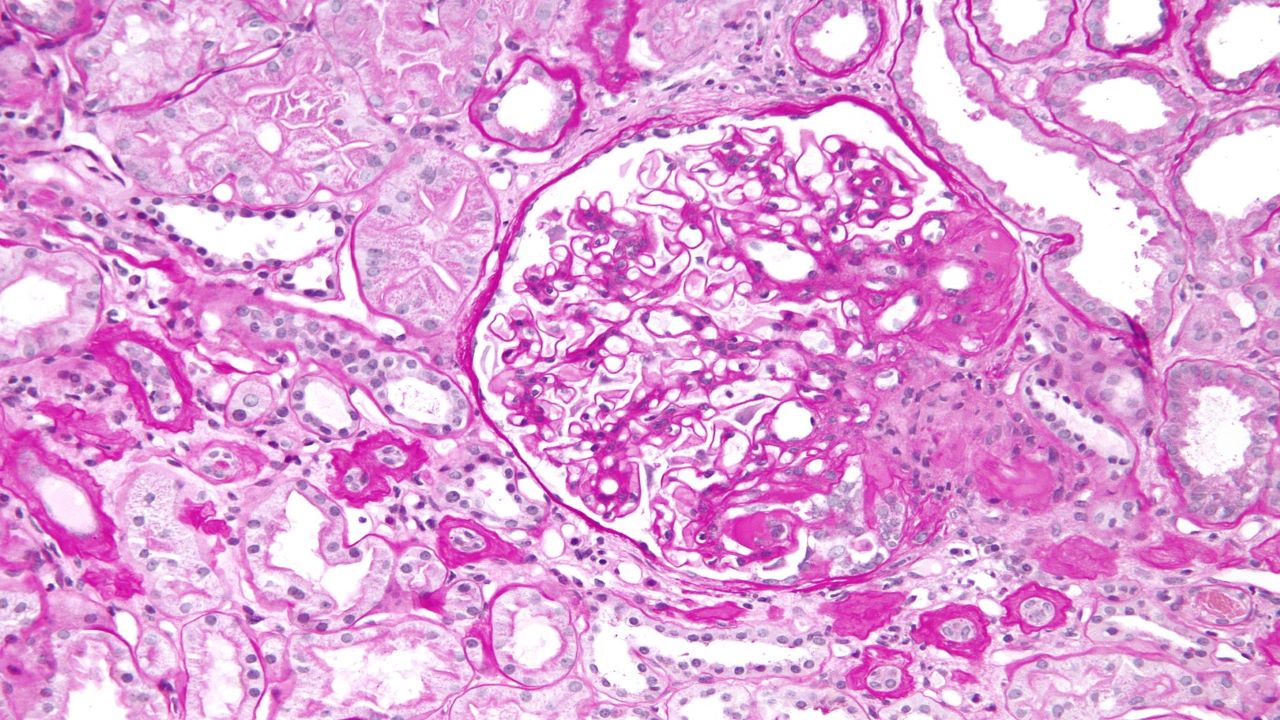
Goldfinch Bio has reported positive results from its Phase I clinical trial of GFB-887, a highly potent and selective inhibitor of Transient Receptor Potential Canonical Channel 5 (TRPC5) to treat kidney diseases.
GFB-887 is being trialled as a precision medicine for patients with kidney diseases characterised by overactivation of the TRPC5-Rac1 pathway, including focal segmental glomerulosclerosis (FSGS) and diabetic nephropathy (DN).

Discover B2B Marketing That Performs
Combine business intelligence and editorial excellence to reach engaged professionals across 36 leading media platforms.
Overactivation of the pathway leads to damage of podocytes, which are cells lining the kidney that prevent essential protein loss (proteinuria).
The injury leads to podocyte loss, proteinuria, and ultimately damage kidney.
The double-blinded, placebo-controlled trial enrolled 70 participants who were randomised to receive GFB-887 at seven dose levels ranging from 5mg to 900 mg or placebo.
It analysed the safety, tolerability, pharmacokinetic (PK) profile and pharmacodynamics (PD) of GFB-887 as a primary goal.

US Tariffs are shifting - will you react or anticipate?
Don’t let policy changes catch you off guard. Stay proactive with real-time data and expert analysis.
By GlobalDataThe trial’s key exploratory objective was to analyse changes in urinary Rac1.
Urinary Rac1 concentration may predict therapeutic response to TRPC5 inhibition.
Results from the trial showed that GFB-887 was well-tolerated in single ascending doses and induced dose-dependent reductions in urinary Rac1, reinforcing target engagement and suppression of the TRPC5-Rac1 pathway.
Goldfinch Bio president and CEO Anthony Johnson said: “We are excited to share these first-in-human data, which demonstrate that GFB-887 is well-tolerated and suggest a dose-dependent reduction in urinary Rac1, confirming GFB-887 target engagement in the podocyte.”
No dose-limiting toxicities and severe adverse events or abnormalities were observed in laboratory or clinical assessments of GFB-887.
The company is now enrolling patients in the Phase II TRACTION-2 trial to evaluate the safety, tolerability, PK and PD of GFB-887 in around 125 patients with FSGS and DN.





